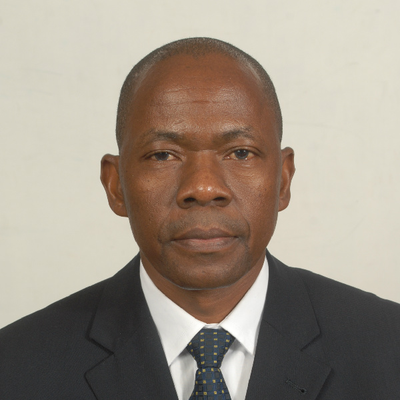
THE Reserve Bank of Zimbabwe (RBZ) is considering restructuring non-negotiable certificates of deposits (NNCDs) and introducing additional instruments to absorb excess liquidity in the market.
This initiative is part of its ongoing efforts to tighten monetary policy and curb money supply growth.
In April, the RBZ announced it would not reverse its decision to settle outstanding foreign exchange auction allotments with NNCDs, a measure aimed at maintaining strict control over liquidity.
NNCDs are acknowledgments that the issuer has received a sum of money and promises to repay it, but they cannot be cashed in before maturity. The government has been using NNCDs, treasury bills, and gold tokens among other instruments.
RBZ deputy governor Innocent Matshe, speaking on the side-lines of the Institute of Chartered Accountants of Zimbabwe winter school in Victoria Falls last week, stated that diversifying these instruments would provide market players with alternative ways to manage excess liquidity.
“Indeed, if you look at the treasury NNCDs have been quite successful in doing that but it is not as an instrument for liquidity mopping, it is the only instrument that we were using generally,” he said.
“So, the idea of diversifying those instruments will give some players an alternative way of looking at mopping their liquidity and saving their liquidity, which makes sense because for one reason or the other, the instruments we have need to be diversified to take care of different preferences within the market.”
Matshe did not provide specific details on how the NNCDs would be restructured or what new instruments might be introduced.
- RBZ blocks Harare US dollar charges
- Industry cries foul over new export surrender requirements
- One stitch in time saves nine
- Banks keep NPLs in safe territory
Keep Reading
Regarding the convertibility of Zimbabwe Gold (ZiG), Matshe said:
“Remember, convertibility of a currency depends on several factors including trust and confidence.
“The fact that we see the velocity of money reducing as far as ZiG is concerned, means that people are holding the currency a lot longer than before.
“So, what will happen is we have to build similar trust with our trading partners, so they can easily say we will hold this currency until 'we have a next transaction' because with our trading partners we import, we export.
“Yes, there are some we just import from but a lot of them we also export to. So, instead of players looking for the US dollar, they are happy holding the currency until the next cycle.
“So as that process continues, trust and confidence build up and you can then exchange the currencies of the two countries going forward and that's convertibility.”
The government abandoned the Zimbabwe dollar in April 2024 after it lost more than 70% of its value against the US dollar. This was its fourth attempt at currency reform in a decade.






